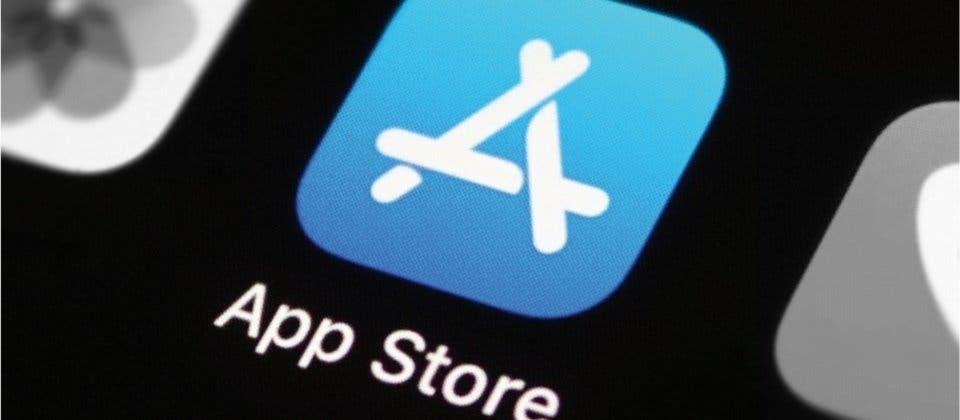The U.S. Senate Judiciary Committee will consider the Open Markets Act on Thursday. This is an antitrust bill that would allow apps to be sideloaded and mobile phones to install alternative app stores. App Sideloading is already available on Android, thus, this will only be a thing for iOS. Ahead of the meeting, Tim Powderly, Apple’s head of government affairs for the Americas, sent committee members a letter urging them to reject the bill. Powderly repeats a privacy and security argument that Apple executives have made many times. Apple believes that app sideloading will be detrimental to users.

The company said
App sideloading would enable bad actors to evade Apple’s privacy and security protections by distributing apps without critical privacy and security checks. These regulations will allow malware, scams and data exploitation to flourish.
He also said Apple was “deeply concerned” that the legislation in its current form would also “make it easier for major social media platforms to circumvent the pro-consumer practices of the Apple App Store”.
The U.S. Senate Judiciary Committee has discussed the American Innovation and Online Choice Act, another antitrust bill proposed in June 2021, which Apple has also opposed. Despite Apple’s protests, the bill was approved and will go to a vote in the Senate. The Open Markets Act is likely to join it.
App sideloading simply means the ability to install and test third-party applications without going through the official application store. Of course, there are no restrictions with app sideloading.
Apple App Store will permit payments via third-party channels
For many years, Apple’s iOS system has been known for its security, but this security is at the expense of diversity. Its entire system is very closed, and Apple firmly controls the App and payment permissions. Apple is so stringent that any third-party installation or payment in the App Store can not bypass Apple. At the same time, Apple’s app payment rake is very high, even the highest in the world. This is the main reason why many platform payments or membership are more expensive. However, this situation is about to change.

According to reports, the company announced in August last year that it will make a number of adjustments to the App Store to settle a US developer class-action lawsuit. The settlement agreement shows that Apple will allow developers to use email and other communication methods to inform users of alternative payment options other than Apple. This means that Apple will allow the App Store to receive payments through third-party channels.
This is a very significant change, and it is good news for both developers and users. Previously, the App Store charged 15% to 30% of transaction commissions. These high commissions to Apple mean that the price of the product will also increase. However, if Apple eventually allows third-party payments, the commissions will be lower and so will be the product. This is the general expectation but it may not be entirely a straightforward process.
In addition, as part of the settlement agreement, Apple will also establish a $100 million “fund” for developers. Each developer can receive compensations ranging from $250 to $30,000.







